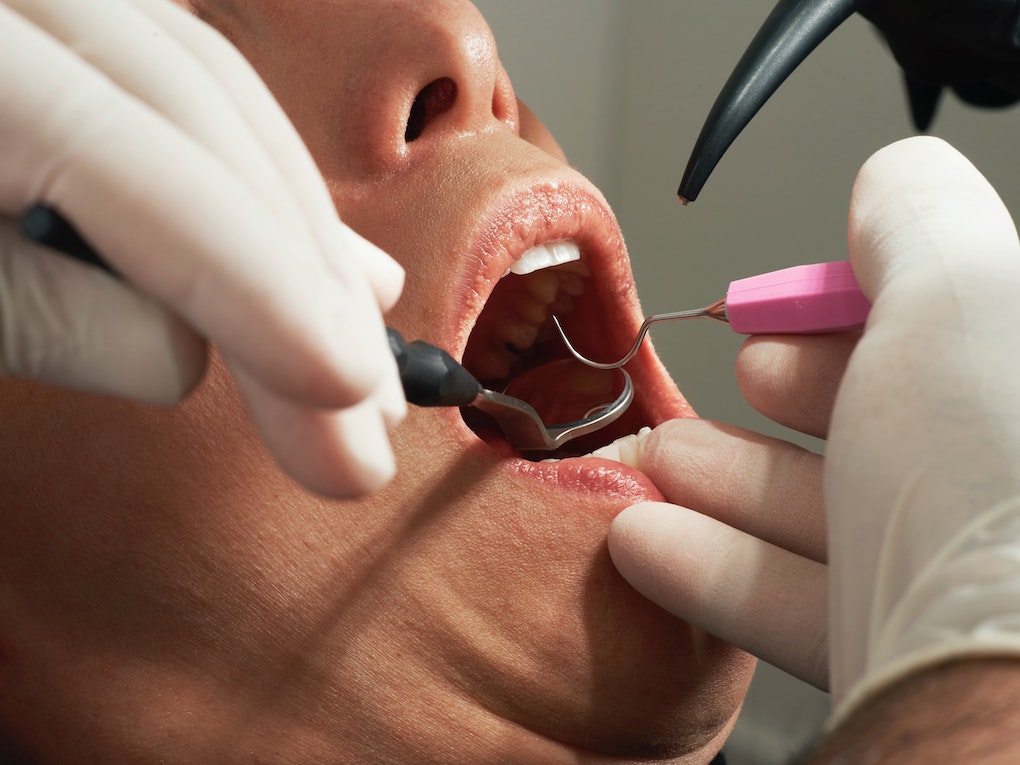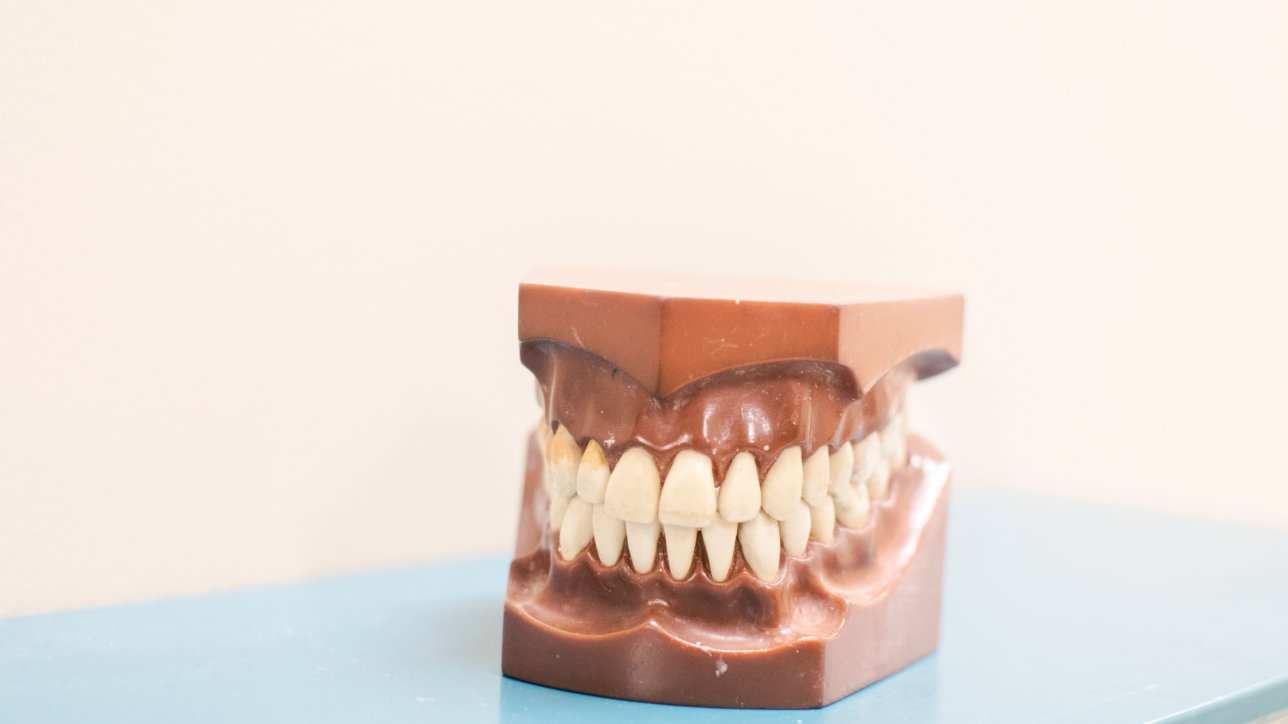Whether you’re looking to sell all or a portion of your practice or just want to know what the health of your practice is, it’s smart to obtain a prospectus. You’ll better understand your options, so you can make an educated decision based off fact in addition to having a good understanding of where you are and gaining a clear line of sight as to how to reach your goals.
Fair market value, according to IRS Rev. Ruling 59-60, 1959-1 C.B., is defined as, “the price at which a property would change hands between a willing buyer and a willing seller when the buyer is not under any compulsion to buy and the seller is not under any compulsion to sell, with both parties having reasonable knowledge of the relevant facts.”
There are many factors used in calculating the value of your practice. At Professional Transition Strategies, we use the most effective method of calculating your practice’s worth by looking at both attributes and challenges and how they have impacted the success of the practice.
Factors used in determining value of a dental practice
- The practice’s location, visibility and population of city or town
- Type of medicine or dentistry, revenue sources and active patient base
- Growth potential
- Patient attraction and retention rates
- Reason for sale of practice
- Projected patient and revenue retention after the sale
- Condition and age of medical and dental equipment based on wear and tear, as well as technical advancement
- Office decor and condition
- Long-term trends of the practice’s revenue and profit margin
The value determined by analyzing the information listed above, as well as financial information, will be the best indicator of what a practice can garner on the open market. It is important to note that in most cases, this valuation will not include the accounts receivable (A/R) of the practice, cash on hand and any other bank or cash accounts, as well as the practice owner’s belongings, marketable securities, real estate or vehicles, if any.
One component included in evaluating a practice is the adjusted earnings before interest, tax, depreciation, and amortization (EBITDA). Put simply, EBITDA measures the practice’s operating performance. Adjustments to doctor’s compensation, P&L, personal and one-time expenses and net income of the practice are added together to achieve adjusted EBITDA.
At PTS, we also take into consideration who the buyer will be. For example, the fair market value of a practice being sold to an individual will oftentimes be very different than the value if being sold to a DSO or private equity. The reason for the difference is that the value revolves around the limitations on what a bank will lend to an individual vs. the buying power for a group or fund. With our market knowledge and industry expertise, we are experts at delineating the two and presenting accurate values for each type of buyer.
I’m ready to proceed with a valuation. What do I have to do?
The typical information collected to create a dental practice appraisal includes:
- Three years of profit-and-loss statements
- Three years of tax returns
- Current balance sheet
- Production broken down by provider
- Production broken down by procedure type
- Total active patients
- New patients per month for the past 12 months
- A/R aging report
- Copy of current lease (if applicable)
- Employee roster with hire dates and hourly wages and benefits
- Website
- Lists of insurance plans the practice accepts
Please note nearly all information can be run on your practice management software or accounting software, as well as your certified public accountant (CPA).
I just remodeled my practice with all new equipment. How does that affect my valuation?
While hard assets located within the dental office tend to be a differentiator between two similar practices, it is important to know the equipment value will not reflect the insured value or purchase price. It will represent only the current market value. For example, the value of equipment is included in the prospectus valuation and is comparable to what one would pay if purchased on eBay or Atlas Resell Management.
How do patient base and demographics affect my valuation?
Even though the patient overview may not directly affect the value of the practice, it is still wise to understand how your patient base is broken up, especially in cases when you may be looking to sell. This is one of the reasons it is important to know not only your patient demographics, but also have accurate records of active patients and patients in recall. In addition, the insurance plans your dental practice accepts, as well as the percentage of patients on said plans, may not factor into the value, unless it is a heavily Medicaid practice. Having the basic knowledge of the breakdown is important to having a deeper understanding of your patient base.
How does real estate factor into my practice’s valuation?
It’s also important to know that your practice’s value won’t be impacted whether you own or rent your real estate. However, it is important for any potential buyer to know the real estate situation, which is why it is incorporated into a prospectus. Not only are they interested in the square footage of the dental office, as well as if the practice is in a retail space or a medical complex, but they also want to know if you owe the space and if it is for sale along with the practice. Of course, just because you may own the real estate does not mean that you must sell it, as well, you can also retain the office as an investment and lease the space out to the new buyer. In addition, if you don’t own the real estate and simply lease it, it is important to know leases can be transferred, as well as negotiated when the new tenant signs on.
What other parts of my practice affect the valuation?
It is also smart to be aware of the type of dentistry performed based on the composition of the production. For instance, is the practice hygiene heavy, is it a bread-and-butter practice, is there a lot of specialty work performed in the practice, or is it primarily referred out?
One thing that is not included within a valuation is A/R. The A/R can be sold separately or not at all. The reason A/R is not incorporated into the value is that it changes by the day, hour or even minute. Therefore, the value of accounts receivables will be determined the day of closing.
Should you be seeking a prospectus for your dental practice because you plan on selling all or a portion of your practice, it is important to note that while the previous three year’s financials are included and trends are analyzed, the most recent year is what the valuation is primarily based on. This is one of the many reasons it is advised to consider a transition during a peak in your production rather than after you’ve slowed down and decreased the value of your practice.
So, who’s interested in buying my practice?
Just as there are different transition types, there are also different types of buyers, as mentioned before. To ensure you have all the information you need to decide the right strategy for you and your dental practice, it is advised to understand the difference in value from an individual receiving a bank loan compared to a larger dental service organization (DSO) with private equity backing.
Unfortunately, unlike basic real estate, there is not a multiple listing service (MLS) or a centralized database of dental practices previously sold. This is one of the several reasons you should a professional complete the appraisal for your practice. As noted, business magnate and philanthropist Warren Buffett says, “Managers and investors alike must understand that accounting numbers are the beginning, not the end, of business valuation.”
When’s the right time to get a valuation done on my practice?
The reasons one seeks a practice appraisal can vary. A dentist could be considering selling their practice or bring on a partner or associate into the practice. One could be trying to determine their own personal net worth. In this same regard, it is common for a dentist to need an appraisal prior to marriage or prenuptial agreements, or possibly due to an upcoming divorce. It is also advised to have a valuation completed to establish a baseline for future business endeavors, as well as simply having a deep understanding of the health of your practice. Other common reasons include allowing for fair disposition of assets for your estate or simply for disability purposes. Lastly, it is advised to know the value of your dental practice for retirement and estate planning.
I’m interested in getting my practice valued. Who should I go to for a valuation?
While many companies and individuals claim they can determine the value, it is important to go with a company that has significant experience valuing dental practices. This ensures they can provide adequate comparisons and experience to help determine what the marketplace will bear in addition to what lenders will loan.
Should you be seeking a prospectus to potentially put your practice on the market, you should know what a buyer’s return on investment (ROI) would be. To calculate the annual or monthly return, you will take into consideration the doctor’s payroll plus adjustments and net income distributions less any new debt service for the most recent year. Typically, debt service assumptions are 100% of purchase price/10-year loan/5% interest rate.
An experienced dental practice broker can walk you through all the steps of the valuation process so you can prepare for a transition or even get a better picture of the health of your practice. Interested in conducting commitment free prospectus? Let’s connect.











